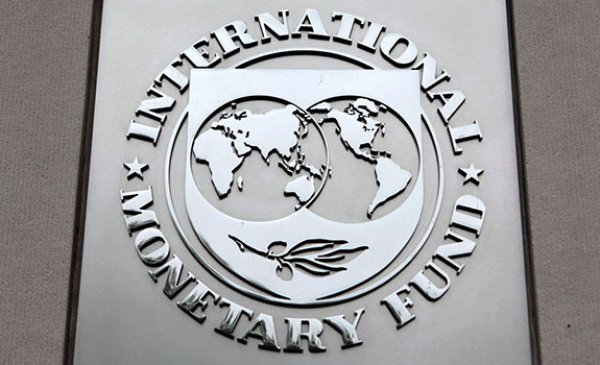Tax policy
Fundamental changes to tax policy and administration to reverse a two-decade decline in tax revenues and put public finances on a sustainable medium-term footing.
Action plan: Eliminating exemptions, holidays, and special rates to broaden the tax base and create a tax system that is simple, efficient, and more equitable. The government will seek to raise the tax-to-GDP ratio to near 15 percent by 2020 by implementation of a new Inland Revenue Act, reform of the VAT and the customs code.
Schneider: These efforts on tax policy will be complemented by capacity building and reform in revenue administration—making full use of automated systems and information technology to bolster tax collection while also clamping down on corruption and discretionary tax treatment.
SOE reform
Action plan: Together with more efficient management of government expenditure, the programme will support a steady reduction of the overall fiscal deficit to 3.5 percent of GDP by 2020—equivalent to a shift from primary (excluding interest costs) fiscal deficits to primary surpluses that will underpin a much-needed reduction of public debt.
Schneider: The government is committed to dealing quickly with the legacy of SriLankan Airlines, which continues to represent a drain on public finances after years of mismanagement. Going forward, key state firms—and the government’s financial relations with such firms—will be governed transparently by annually published statements of corporate intent.
State owned enterprise (SOE) reform will reduce fiscal risk, increase transparency and facilitate commercially viable operations. The macroeconomic stability and renewed market confidence from this fundamental re-set of policies will reduce vulnerabilities, boost growth, and foster sustainable job creation.
Electricity and fuel pricing
The government will also ensure that the pricing of electricity and fuels is guided by the market, with subsidies needed to protect the poor and vulnerable being better targeted and clearly reflected on the government’s budget. This will avoid the accumulation of un-funded subsidy bills and ensure SOE operations are conducted on a commercially viable basis.
External tariff structure
The government plans to review and reform the external tariff structure to reduce effective rates of protection while simultaneously pursuing new trade agreements.
Flexible inflation targeting
The central bank will shift toward a flexible inflation targeting regime while also undertaking measures to help deepen foreign exchange markets and a support a durable transition to a flexible exchange rate regime. Strengthening financial sector supervision and increasing the role of private credit and financial intermediation in the economy will remain important objectives.
Conclusion
With the implementation of these policies, Sri Lanka will support growth and build resilience to future economic shocks. Overall, the EFF will help the government achieve ‘lift off’ of the economy and fully tap Sri Lanka’s significant economic potential.”
(nation.lk)






